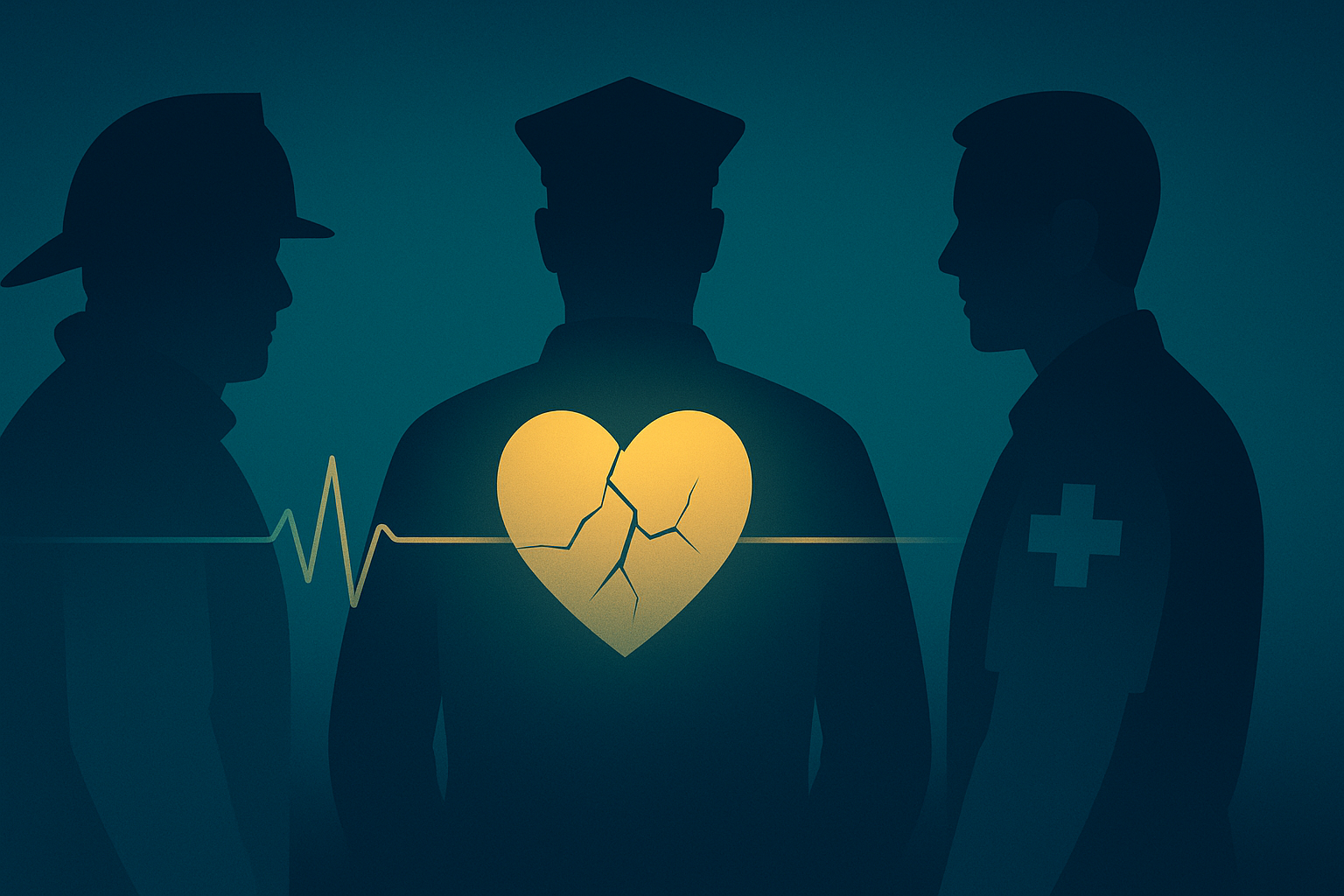When we discuss trauma in military contexts, the conversation typically gravitates towards combat-related experiences. Rightly so—war zones bring visible, tangible horrors that leave lasting scars. Yet, there is another, deeply damaging trauma that remains hidden beneath layers of stigma and silence: Military Sexual Trauma (MST).
Understanding Military Sexual Trauma (MST)
Military Sexual Trauma encompasses any sexual assault, harassment, or unwanted sexual attention experienced during military service. It does not discriminate based on rank, role, or gender. According to the U.S. Department of Veterans Affairs ↗, approximately 1 in 3 female veterans and 1 in 50 male veterans report experiencing MST when screened by healthcare providers. These figures alone are alarming, but even more concerning is the significant underreporting, indicating these statistics likely only scratch the surface of the problem.
A 2018 Department of Defense report ↗ found that among active-duty service members, 20,500 experienced sexual assault within a single year, marking a significant increase from prior years. Yet fewer than a third reported these incidents to authorities, primarily due to fears of retaliation, stigmatisation, and concerns about career impacts.
The Psychological Aftermath
The psychological toll MST exacts is profound and enduring. Research shows ↗ that female veterans who experienced MST are nine times more likely to develop PTSD compared to those without such experiences. For male survivors, the likelihood increases threefold. The ripple effects extend beyond PTSD, often leading to severe depression, anxiety disorders, substance abuse, and difficulties in personal and professional relationships.
In addition to PTSD, MST survivors frequently struggle with feelings of isolation, betrayal, and severe mistrust, particularly toward the systems designed to protect them. A study published in the Journal of Traumatic Stress ↗ found that MST survivors are at significantly greater risk of suicidal ideation and suicide attempts, highlighting the potentially lethal consequences of these invisible wounds.
Barriers to Reporting and Seeking Support
Despite the severity and prevalence of MST, many survivors never speak of their trauma. A staggering 80% of incidents are estimated to go unreported. A primary reason is the fear of retaliation within the military's hierarchical structure. Many survivors describe being ostracized, doubted, or facing further harassment after coming forward.
Additionally, survivors often experience institutional betrayal—an overwhelming sense of injustice stemming from inadequate responses or outright neglect by the very institutions that should protect them. This betrayal further exacerbates mental health issues, often leaving survivors feeling hopeless and unsupported.
A RAND Corporation survey ↗ underscored that a significant percentage of women who reported sexual assault faced retaliation, reinforcing a culture of silence. The military justice system's historically low prosecution rates compound these feelings of futility and abandonment.
The Human Cost: Voices of the Unheard
These figures represent more than numbers—they embody deeply personal, often hidden pain. These are the stories of wives, mothers, sisters, daughters, friends, and loved ones who once proudly served their nations but came home carrying invisible wounds. Many survivors speak of a loss of identity, self-worth, and profound loneliness, largely because their trauma remains unacknowledged.
Moreover, societal narratives often overlook MST, perpetuating stigma and reinforcing survivors' silence. This silence isolates them further, exacerbating mental health symptoms and delaying critical intervention.
Towards Change and Healing
Addressing MST requires systemic change. It demands that military institutions create transparent, safe reporting mechanisms and genuinely supportive environments. Encouragingly, legislative and policy reforms in recent years have begun addressing these issues, but much work remains.
Support organisations play a critical role, providing safe, confidential environments for survivors. Specialised counselling programmes through veterans' services and community-based organisations offer essential resources. Importantly, public awareness campaigns are critical for breaking stigma and enabling more survivors to feel safe coming forward.
"To the survivors: your experiences matter. Your voices deserve to be heard. You are not alone."
Conclusion: Ending the Silence
MST leaves profound, lasting scars that profoundly impact survivors' lives. Yet, these scars remain largely invisible, hidden by silence, shame, and stigma. Breaking the silence surrounding MST is essential—not only to heal individuals but also to hold institutions accountable for safeguarding those who dedicate their lives to serving their countries.
To the survivors: your experiences matter. Your voices deserve to be heard. You are not alone.






